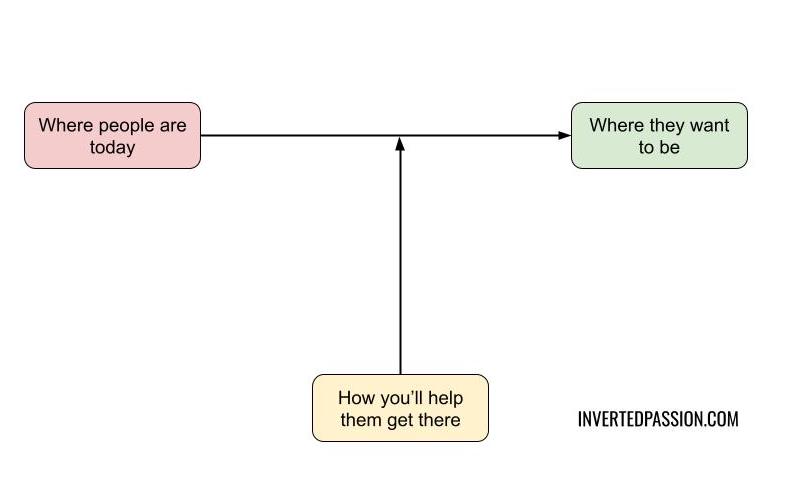A recruitment strategy should be indistinguishable from a marketing strategy. Entrepreneurs end up spending a lot of time understanding the market, talking to customers, building personas, and customizing their marketing messages to customer segments. However, they often fail to realize that recruiting people to work for you is no different from recruiting customers to use your product.

It’s true that the key difference is that you’re asking for money from customers while you’re offering to pay money to prospective employees. However, for exceptional people, the money offered is a commodity because many other companies are offering them the same or higher money. Exceptional people never look for jobs; jobs look for them.
If you feel people will work for you because of the salary you’re offering, you’ll end up attracting only those kinds of people who want a safe, stress-free job that pays a regular salary. There’s nothing wrong with that but then that should be an explicit decision.
People who can add higher-than-average value to your company require a higher-than-average treatment during recruitment. In all likelihood, they’re not looking for just another gig. To attract such people, you need to understand what’s frustrating them in their current job and what they want out of an ideal professional stint. Is it a lot more money? Is it less interference from the manager? Is it coaching? Is it working on a new challenge?
Just like different customer segments have different needs, different talent segments have different drives. Your recruitment pitch has to be customized to those drives. If you keep harping on about how great your product is while the star employee that you’re chasing is looking for freedom from micromanagement, your message is going to fall flat. Similarly, if you keep talking about how much freedom your culture allows to employees while that particular employee wants to make a million dollars through stock options, you’re not going to be successful in hiring that person.
Remember: treat your recruitment like marketing and prospective talent like prospective customers.
This essay is part of my book on mental models for startup founders.
Join 200k followers
Follow @paraschopra